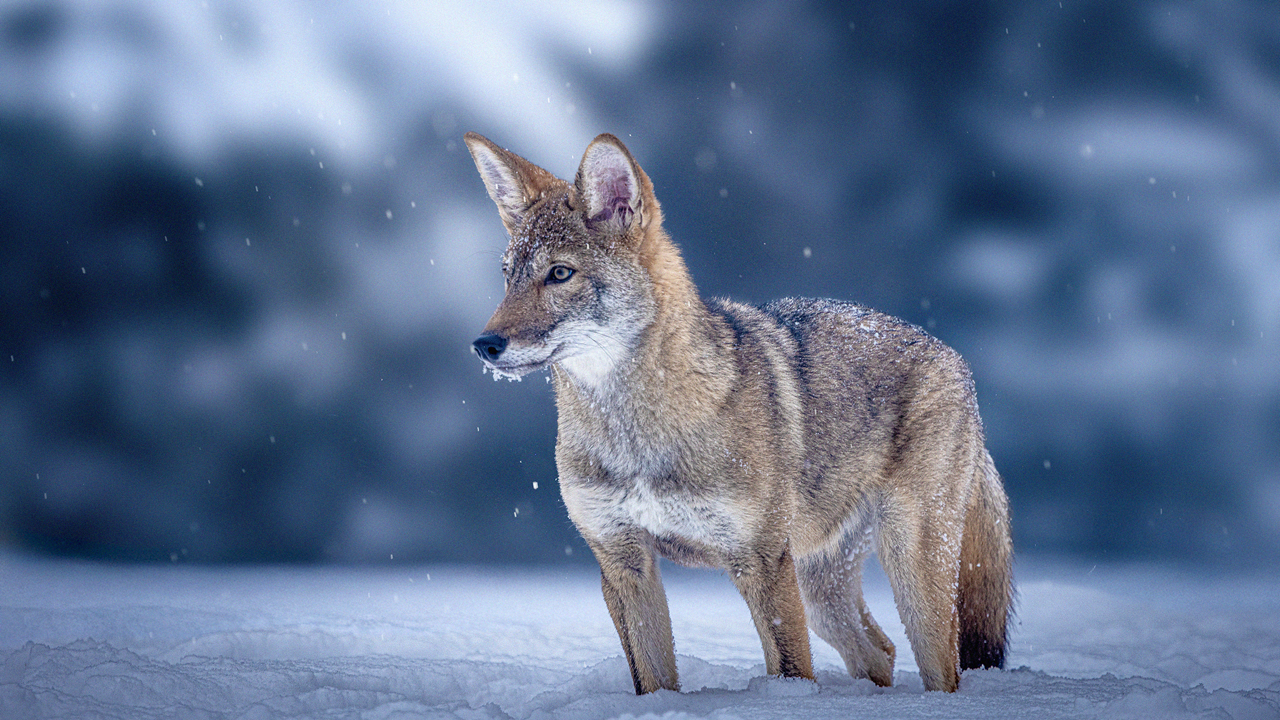-

 Celebrity News1 week ago
Celebrity News1 week agoJustin Bieber Makes Public Apology to Wife Hailey Bieber: ‘Forgive Me’
-

 Royals1 week ago
Royals1 week ago‘Resilient’ Kate Middleton Taking Charge to ‘Protect the Crown’ Amid Drama Within Royal Family
-

 Celebrity News1 week ago
Celebrity News1 week agoJoJo Siwa Shares PDA-Filled Photos with Chris Hughes from ‘Magical’ Birthday Week
-

 Celebrity News1 week ago
Celebrity News1 week agoKourtney Kardashian Admits Blending Families With Travis Barker Has Been ‘Really Hard’ at Times
-

 Celebrity News1 week ago
Celebrity News1 week agoRod Stewart Admits His Lavish 80th Birthday Celebration Cost an ‘Absolute Fortune’
-

 Entertainment1 week ago
Entertainment1 week agoMrBeast, Khaby Lame And Charli D’Amelio: Relive The Gen Z Influencers’ Most Talked-About Moments
-

 Celebrity News1 week ago
Celebrity News1 week agoKim Kardashian Admits She Thought She Was ‘Going to Die’ During 2016 Paris Robbery
-

 Entertainment1 week ago
Entertainment1 week agoTom Cruise Kicks Off Popcorn-Movie Season With ‘Mission: Impossible – The Final Reckoning’
-

 Entertainment1 week ago
Entertainment1 week ago‘The Summer I Turned Pretty’ Creator Jenny Han Teases ‘Changes’ and ‘Surprises’ in Season 3
-

 Celebrity News1 week ago
Celebrity News1 week agoJeremy Allen White, Meryl Streep and More Stars Who’ve Played Chefs Onscreen
-

 Royals1 week ago
Royals1 week agoFrom Her University Degree to Her Past Gig as a Waitress, Why Kate Middlton Is an Unlikely Queen
-

 Celebrity News1 week ago
Celebrity News1 week ago‘Today’ Host Sheinelle Jones Speaks Out Following Husband’s Heartbreaking Death













